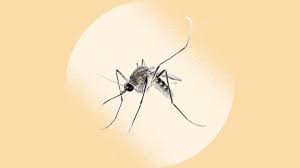At the recent Yaoundé conference on March 6, 2024, leaders from across Africa united to confront the challenge of malaria, a disease responsible for 95% of global deaths in the region. The conference’s agenda was comprehensive, focusing on evaluating the progress towards the World Health Organisation (WHO) global malaria strategy targets, addressing the hurdles encountered, and exploring new mitigation strategies and funding avenues to combat this public health threat.
In a collaborative effort, the WHO and the Government of Cameroon hosted the conference, bringing together health ministers, global malaria allies, donors, researchers, civil society, and other vital players in the malaria eradication field. A declaration was signed by the ministers, symbolizing their commitment to significantly lowering malaria mortality rates. This commitment extends to increased political accountability and enhanced financial contributions to malaria control initiatives, with the goal of bolstering efforts at all administrative levels.
READ MORE:
John Kumah, deputy finance minister passes on at age 46
Baba Rahman’s heroics secure victory for PAOK in Greece super league clash
GITFiC cites profit repatriation by foreign firms as cause for cedi’s fall
Antoine Semenyo scores as Bournemouth defeat Burnley: English Premier League
This pledge is in line with the “High burden to high impact” initiative, resting on four pillars: decisive political will to decrease malaria deaths, strategic data usage for effective interventions, refined policies, and a synergized national approach to combating malaria. The signatories have vowed to lead by example, dedicating more resources to the fight and employing the latest data and technology to guide their efforts in eradicating this deadly disease.






















